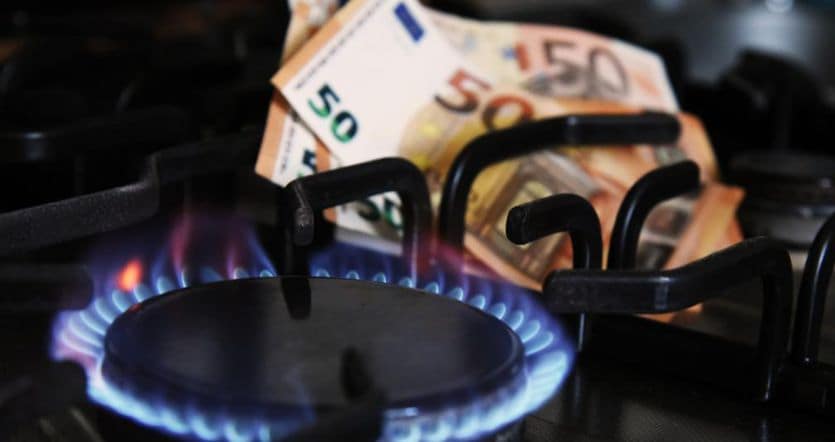Fitch is lowering its short-term gas price estimates, for both the Amsterdam Trust Fund and the US List Price (Henry Hub). On the other hand, the outlook for Crude Oil remained unchanged. The decision, which “reflects lower gas demand in Europe due to lower industrial consumption, ample supplies of liquefied natural gas (LNG) and the onset of a milder-than-usual winter.” Regarding crude oil, analysts reported a “moderation in prices” due to lower economic growth, which should “reduce demand in the short term.” Moreover, the “easing of international tensions” will lead to “a further decline in prices in the long term.”
Urso: A picture of lights and shadows, the price of gas went up in November
However, there is an economic picture consisting of lights and shadows, because tensions remain on the margins of companies, and the price of gas rose again in November »highlights the Minister of Enterprise and Industry of Italy, Adolfo Orso, who was audited by the Tenth Committee of the Chamber, and the Joint Committees for Productive Activities of the Chamber and the Senate, on the programmatic lines of his district and the government’s policy in space and aeronautics.
More affordable petrol and diesel, and lower excise duty reductions
After nine months, excise duties on gasoline, diesel and LPG are back up and fuel costs 12 cents per liter. Here’s what happens. In March, shortly after the Russian invasion of Ukraine, Draghi’s government decided to ease energy costs for Italians with a rebate on the fuel tax incentive. However, on November 23, Meloni’s government decided to halve the discount and the state recovered an additional 10 cents per liter. Added to the 22% VAT (the usual hated tax on tax), the total increase is 12.2 cents.
Codacons: As Prices Rise, Inflation Warning
“Fuel prices are going up as a result of the excise discount cut that started on the 1st of December. And this confirms the warning: with the increase there are risks of inflation »is the alarm sounded by Codacons.« We expected an immediate increase in fuel prices at the pump as a result of the increase that proves us right – explains Codacons President Carlo Rienzi – today a full tank costs an average of 6.1 euros more than in November with an increase in spending + 146 euros per year per household, but the heavy effects of the measure adopted by the government will make themselves felt on retail prices. In fact, increases in fuel prices will lead to cascading increases in the prices of goods and services in the coming months, with repercussions for the already high rate of inflation.”

“Infuriatingly humble alcohol fanatic. Unapologetic beer practitioner. Analyst.”



